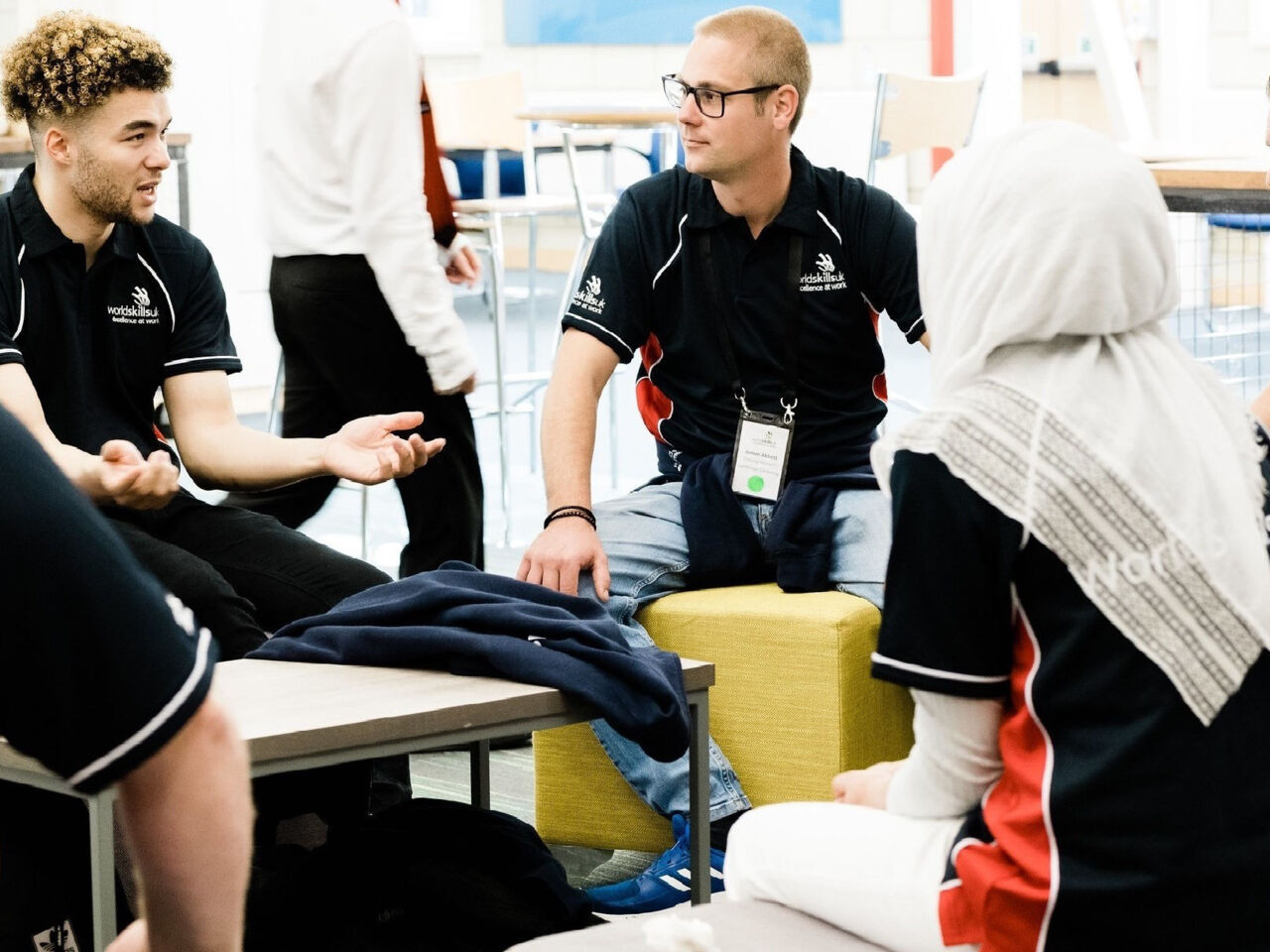21 November 2023
Excellence in students needs excellent teaching, finds report from WorldSkills UK
Major study in the United Kingdom looks at new approaches to improving skills training and education.

Excellent teachers make for excellent students is the headline conclusion of a major new report from WorldSkills UK.
The report, Ingredients for success: Embedding excellence in technical and vocational education, explores best practice in teaching, learning, and assessment across the further education and skills sector in the UK.
It was commissioned to address the issues of recruiting and retaining skilled workers, and ensuring young people get the best vocational education, especially those whose learning has been disrupted by the COVID-19 pandemic.
Introducing the report, Ben Blackledge, the CEO of WorldSkills UK, noted that, “Our research has found that a whole organization approach to the development of excellence, making use of networks and partnerships, and providing the time and space for teachers to innovate and share knowledge with their peers is essential to embedding excellence.
“Crucially, these elements, properly implemented, also support leaders to find solutions to the challenges facing the sector and make better use of existing resources.”
The report, carried out by the Association of Colleges (AoC), found that while there was excellence in teaching in the four nations that make up the United Kingdom “the application of and access to excellence in teaching, learning, and assessment is not always consistent.”
WorldSkills UK recommended “the development of a network dedicated to sharing and collaboration to develop innovation and sustainability in teaching excellence, including internationally.”
The role of WorldSkills UK training managers should be enhanced to “raise standards and performance through embedding international best practice within everyday teaching and learning and empowering educators to cascade their knowledge and skills to colleagues.”
It should foster links between employers and organizations participating in WorldSkills UK programmes and work with those awarding qualifications to make sure they benefit fully from WorldSkills UK’s knowledge of world-class standards.
WorldSkills UK currently runs a Centre of Excellence programme in partnership with NCFE, an educational charity which awards qualifications in vocational education and training.
Mr Blackledge said the report would be used to shape and expand the next phase of the Centre of Excellence, with the aim of ensuring that “more educators are able to innovate in their teaching practice and inspire their learners so that young people of all backgrounds can pursue rewarding careers through the development of in-demand technical and employability skills to internationally recognized standards of excellence.”
For the future, the report suggests building a consensus around the understanding of excellence in technical education to optimize the effectiveness of further education and skills.
Further research was needed into the relationship between the FE and skills workforce, the qualifications and experience expected by employers, and the impact on quality, recruitment and retention.
It also found Britain’s universities offered little information about Higher Technical Qualifications (HTQs), with problems in gaining input from universities for their research.
“While some are engaged in the delivery of HTQs and some are very much engaged with skills competitions, the relative size and prominence of this type of provision within a single university may result in insufficient investment in the development of excellent teaching, learning and assessment in parallel with other parts of the sector”, it noted.